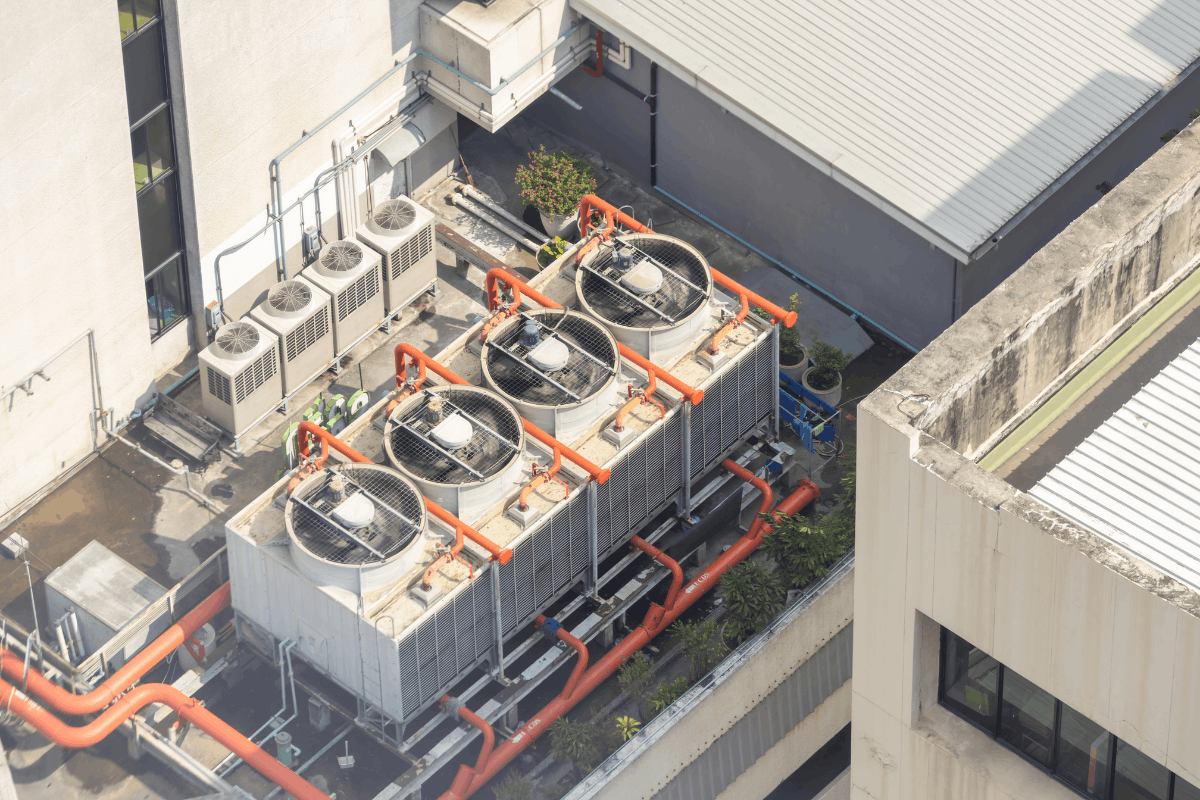Split System vs Ducted Air Conditioning: What’s Best for Your Business
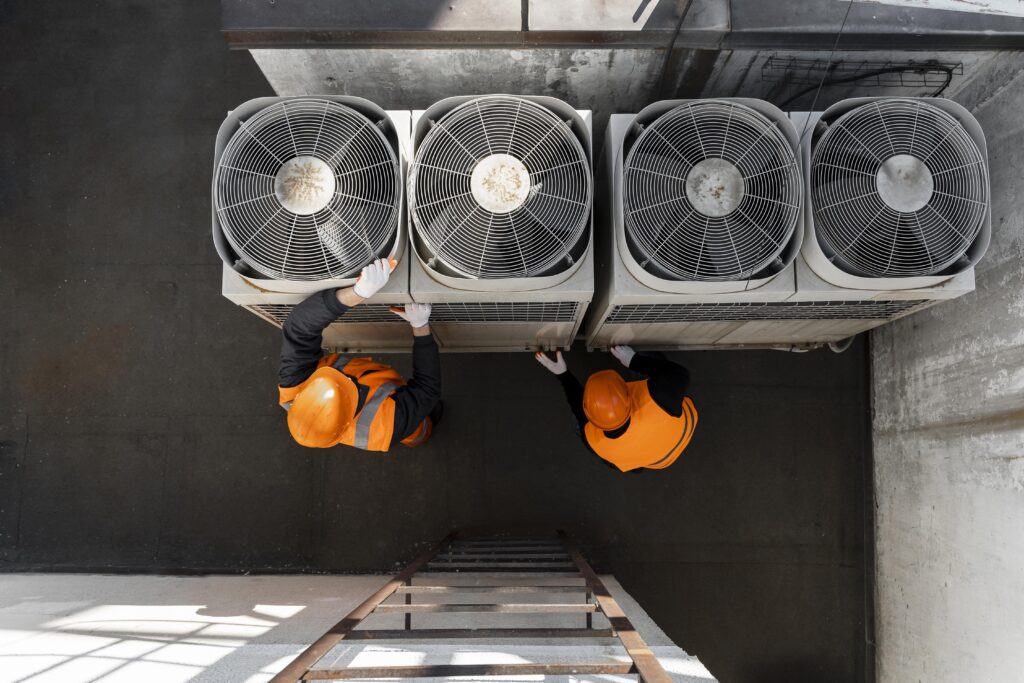
Choosing the right air conditioning system for your commercial premises is more than a matter of comfort. It has a direct impact on energy efficiency, operating costs, staff productivity and the overall performance of your business. A poorly matched system can lead to rising bills, ongoing maintenance issues and an inconsistent indoor climate. The right solution, however, supports your business goals with reliable, long-term performance.
For most Perth businesses, the decision comes down to two common options: split systems or ducted air conditioning. Each has its strengths and is suited to different building types and usage needs. Understanding the differences is essential for making a practical, cost-effective investment.
This guide compares split system vs ducted air conditioning, outlining how each system works, the advantages and limitations of both, and how to determine which option is the right fit for your commercial space.
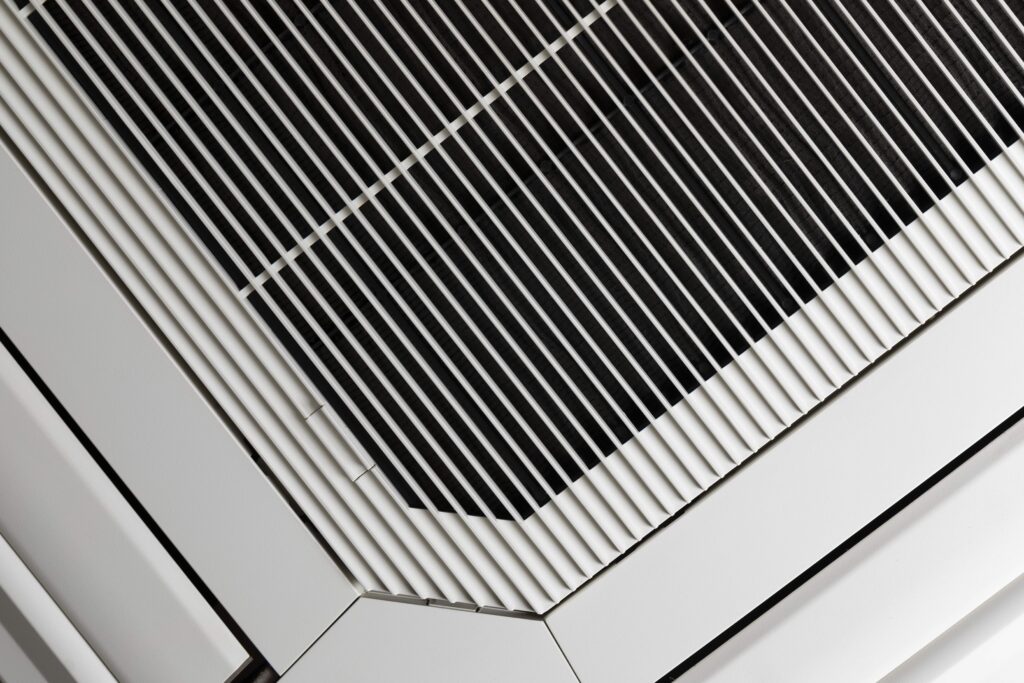
What is a Split System Air Conditioner?
A split system air conditioner is a popular choice for controlling the climate in a single, defined area. As the name suggests, the system is ‘split’ into two main components: an indoor unit, which contains the evaporator coil and is typically mounted on a wall, and an outdoor unit, which houses the compressor. The indoor and outdoor components are interconnected by refrigerant lines, which circulate the gas essential for the system’s thermal transfer process.
In a commercial setting, split systems are the go-to solution for targeted climate control. These systems are perfectly suited for providing targeted climate control to specific zones. They are the ideal solution for individual offices, server rooms, small retail spaces, or meeting rooms that require independent temperature regulation.
Benefits of Split Systems
- Lower installation cost: Ideal for businesses wanting a budget-friendly setup.
- Fast and simple installation: Minimal disruption to daily operations.
- Flexible temperature control: Each unit has its own thermostat.
- Perfect for single-zone cooling: Ideal for server rooms, small offices or retail spaces.
Limitations:
- Multiple units required: Less efficient for large or open-plan areas.
- Less visually discreet: Wall-mounted units may not suit every interior.
- Independent operation: May result in inconsistent comfort across zones.
Split systems are best suited for smaller tenancies or businesses needing targeted cooling, where cost and installation time are key considerations.
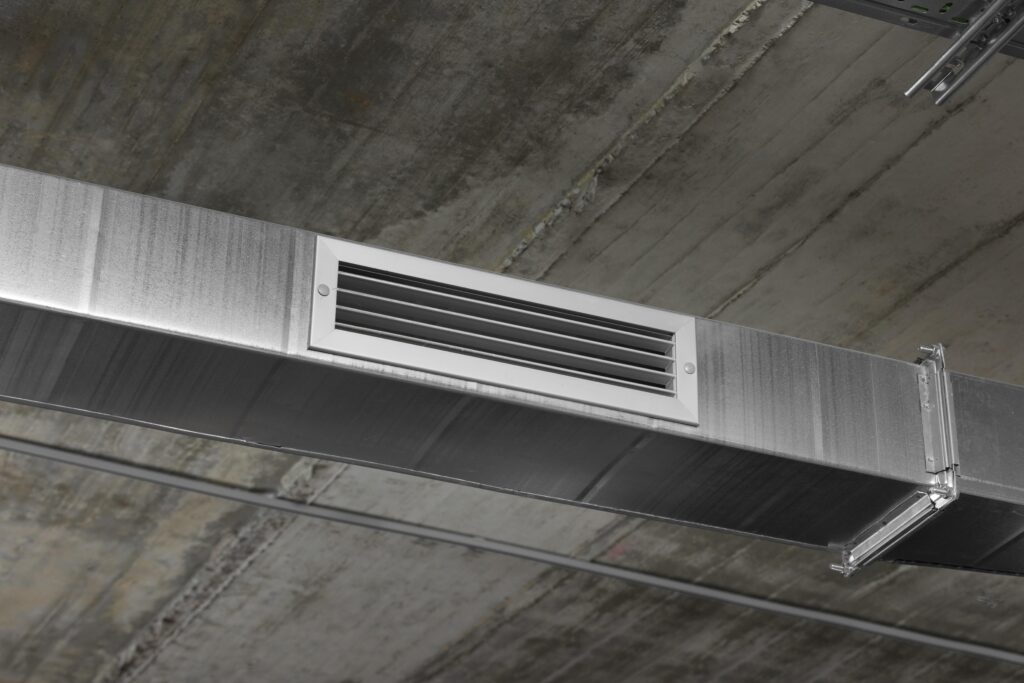
What is Ducted Air Conditioning?
Ducted air conditioning provides a whole-building solution for climate control. The system operates from a central indoor unit, typically concealed in a ceiling or roof space, which connects to a network of ducts to distribute conditioned air. These ducts run throughout the building, distributing this air to different rooms or ‘zones’ via discreet vents in the ceiling. For commercial use, these systems are typically available as a refrigerated cycle for year-round heating and cooling, or evaporative for a cooling-only solution.
Engineered to provide consistent, uniform temperature control, this system is the ideal solution for medium-to-large commercial sites. It is perfectly suited for properties like offices, schools, hospitality venues, and warehouses that require reliable, building-wide climate management
Benefits of Ducted Systems:
- Whole-building coverage: Delivers consistent comfort throughout multiple rooms or zones.
- Sleek, unobtrusive design: Only ceiling vents are visible.
- Zoning capabilities: Divide your commercial space into independent climate zones, each with its own thermostat. This allows you to deliver heated or cooled air only to the areas that need it, significantly reducing energy consumption and lowering operational costs.
- Reduced noise: The central unit is installed away from key work areas, ensuring minimal operational noise and a more productive environment for staff and clients.
Limitations:
- Higher upfront cost: Initial investment and installation are more substantial.
- Complex installation: Requires ceiling space and professional planning.
- Overkill for small businesses: May not be economical for small operations.
Ducted systems are ideal for larger offices, schools, warehouses and hospitality venues that demand even cooling and professional presentation.
Side-by-Side Comparison: Split System vs Ducted Air Conditioning
To help you decide, here is a direct comparison of the key features of each system in a commercial context.
| Feature | Split System Air Conditioning | Ducted Air Conditioning |
| Installation Cost | Lower | Higher |
| Installation Complexity | Minimal disruption | Requires ceiling access and ductwork |
| Coverage | One room or zone per unit | Whole-building or zoned coverage |
| Aesthetics | Wall-mounted indoor units visible | Only ceiling vents visible |
| Control | Independent per unit | Central control panel with zoning options |
| Energy Efficiency | High for small areas | High for large buildings with zoning |
| Best For | Small offices, server rooms, retail counters | Offices, warehouses, hospitality, schools |
| Maintenance | Easier, per-unit servicing | Requires duct and system-wide servicing |
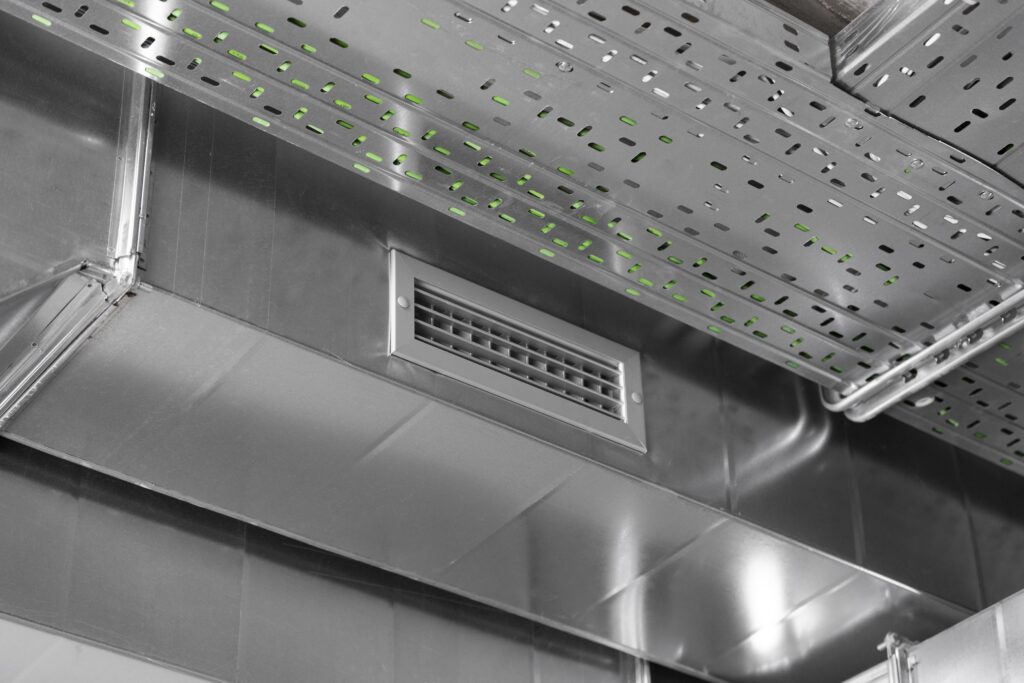
Why Choose Perth Air & Power Solutions?
When it comes to commercial air conditioning, you need more than just a system that works; you need a provider you can trust to deliver quality, compliance and long-term reliability.
At Perth Air & Power Solutions, we offer tailored commercial air conditioning solutions designed to suit your building layout, energy usage, and business operations. Our dual-certified technicians are licensed in both electrical and refrigeration, ensuring every installation is fully compliant with Australian standards.
We also know that time is money. That’s why we offer same-day service for site assessments and quotes, so you can make decisions quickly and get back to running your business. Once installed, we provide ongoing servicing and maintenance to ensure your system continues to perform at its best.
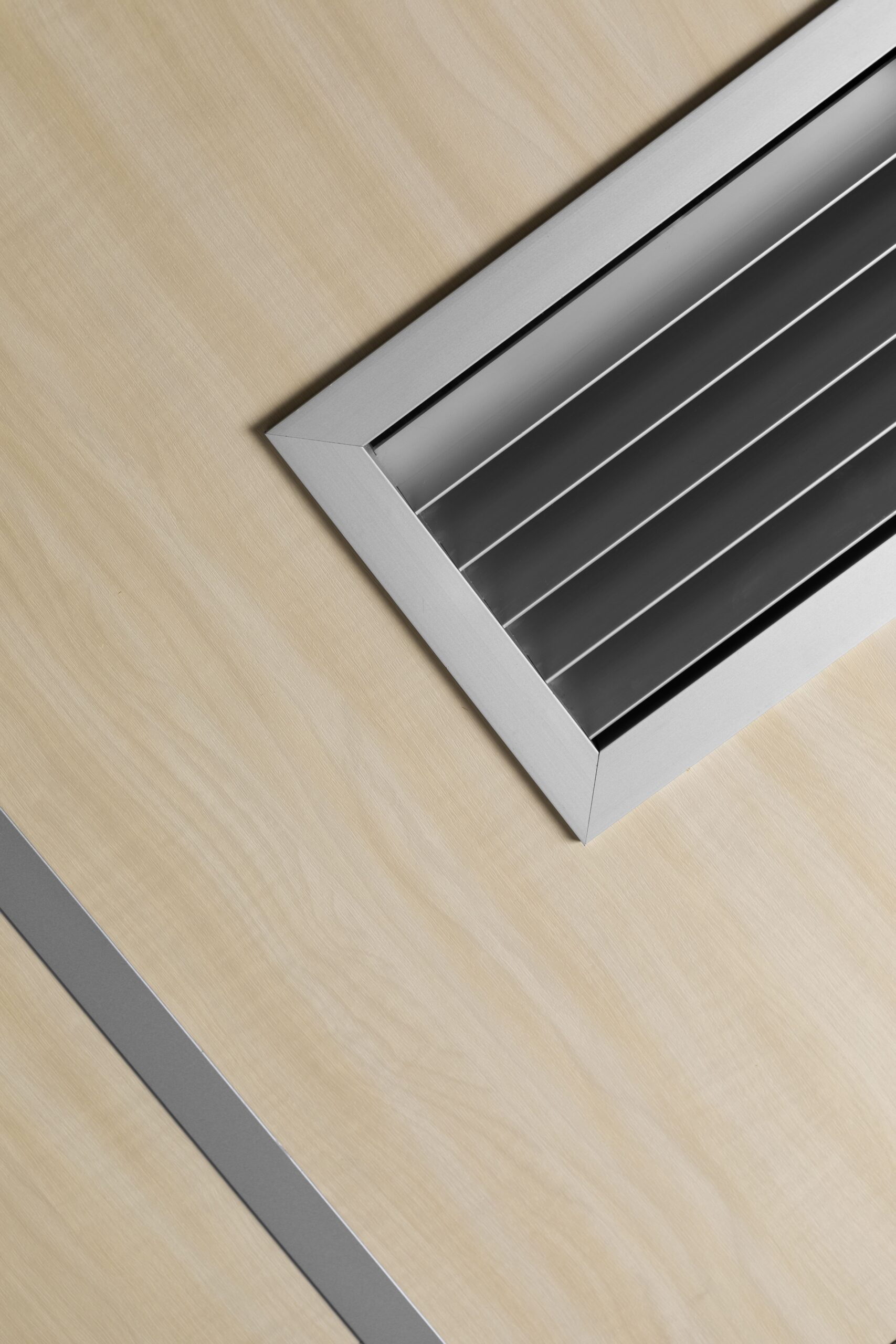
Ready to Explore Your Options?
If you’re still weighing up the pros and cons of split system vs ducted air conditioning, you’re not alone. The right choice comes down to your building layout, daily operational needs, and long-term goals.
If you’d like some expert input, our team is here to help. We offer on-site consultations to assess your premises, understand your priorities, and provide practical advice on the system that will deliver the best results for your business.
Call us today to book a consultation and take the guesswork out of your decision.

